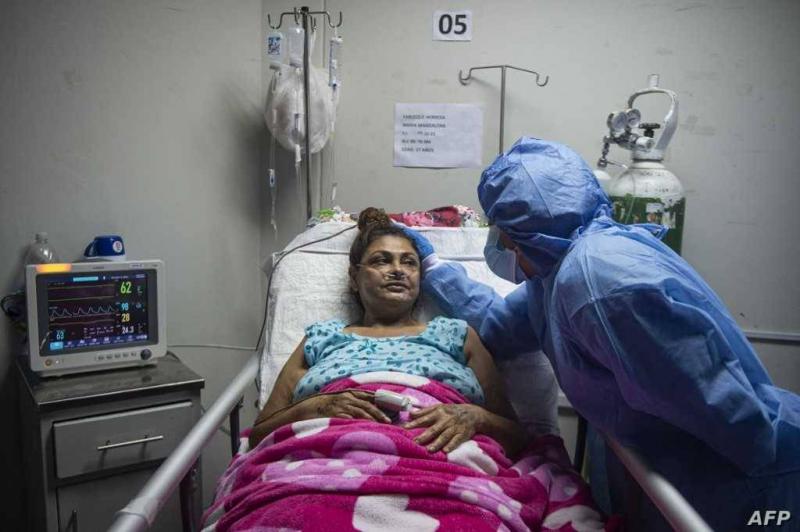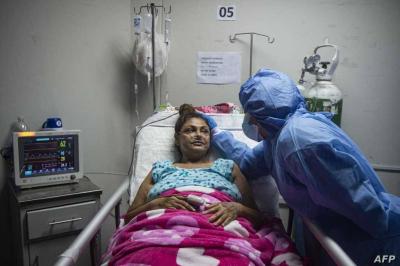Dr. Janet Diaz, head of the medical team working towards a COVID treatment and head of the Health Care Division at the World Health Organization, advised that it is crucial to consult a doctor if a patient continues to suffer from one of the three common symptoms of what is known as "long COVID" or the "post-COVID" phase. In episode 68 of the program "Science in Five," presented by Vismeeta Gupta Smith, Dr. Diaz mentioned that the three symptoms are fatigue and tiredness, difficulty or shortness of breath—which she emphasized is particularly important for those who were very active before contracting the coronavirus.
**How to Monitor Symptoms**
Dr. Diaz explained that a person can monitor their breathing by noting if their activity has become more limited than before; for example, if a person was accustomed to running 1 kilometer, they should assess whether they can still do so or if they can no longer endure long distances due to shortness of breath. She added that the third symptom is cognitive impairment, commonly referred to as "brain fog," which means individuals experience problems with their attention, concentration, memory, sleep, or executive functioning.
Dr. Diaz noted that while these three symptoms are the most common, there are in fact over 200 other symptoms that COVID-19 patients have reported experiencing.
**Increased Heart Risk**
Dr. Diaz further stated that experiencing shortness of breath can be related to cardiovascular symptoms in various ways, which can also manifest as heart palpitations, irregular heartbeats, or myocardial infarction. She cited the findings of a recent U.S. report that included a year-long study on COVID-19 patients, which showed an increased risk of cardiovascular complications, with some cases leading to strokes or acute myocardial infarctions, indicating heart attacks or other causes of blood clots, with heightened mortality risks due to long COVID complications for patients who previously had severe cases.
Dr. Diaz said that someone recovering from acute COVID-19 infection may begin to worry about suffering from one or more long COVID symptoms if they persist for over three months, at which point they should urgently consult their treating physician. However, if the symptoms disappear after a week, two weeks, or a month, they are not diagnosed as having long COVID.
**Suffering for More Than a Year**
Regarding those diagnosed with long COVID, Dr. Diaz pointed out that they can suffer from symptoms for longer periods, extending to six months, and there are reports of people experiencing long-term symptoms for up to a year or more.
Since long COVID patients, as mentioned by Dr. Diaz, experience different types of symptoms affecting multiple systems in the body, there is no one treatment for all patients. Instead, each individual is treated according to the symptoms they experience. It is recommended that patients consult their treating physician or general practitioner who knows their health history well, who can then refer them to a specialist if needed, such as a neurologist, cardiologist, or mental health specialist.




